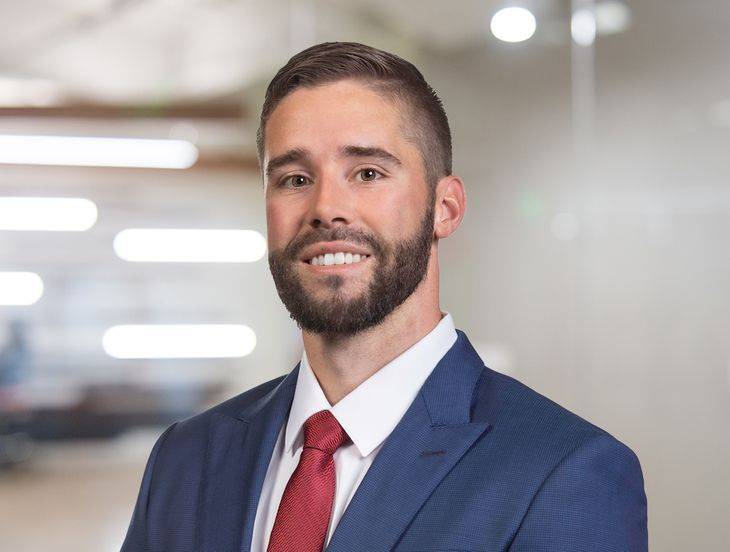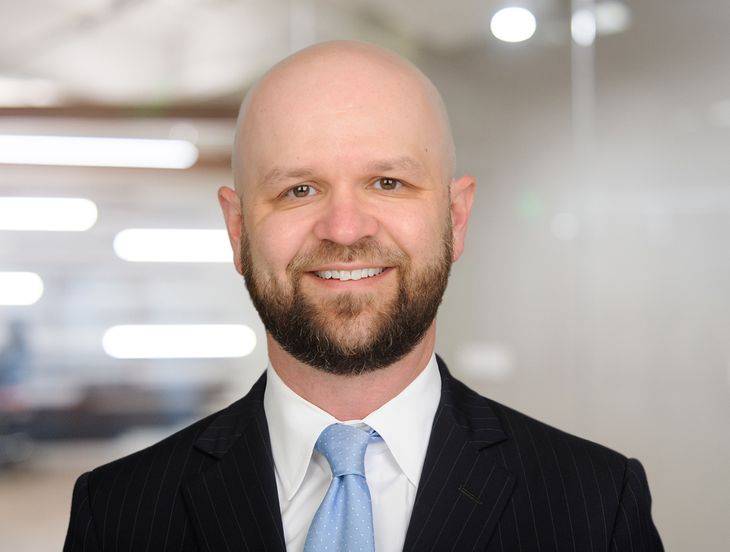FP SCOTUS Predictions: Supreme Court Will Make It More Difficult for Employers to Deny Religious Accommodations
Insights
6.02.23
The Supreme Court recently heard arguments in a case that may change the test that employers use to determine their obligation to accommodate employees’ religious beliefs and practices under federal law. The issue before SCOTUS in the case of Groff v. Dejoy is whether the decades-old “more-than-de-minimis-cost” test should be replaced with a heightened standard requiring employers to prove significant costs or difficulty to justify rejecting a religious accommodation request. We predict the Court will heighten the standard and make it more difficult for employers to deny religious accommodation requests, which could disrupt your operations. For a summary of this crucial case – and our detailed predictions – read on.
What is This Case About?
Gerald Groff, a rural mail carrier for USPS, observes the Sabbath every Sunday. Although he avoided working Sundays initially, his employer increasingly scheduled Groff for Sunday shifts as demand increased. When he refused to work on Sundays, USPS disciplined him. Ultimately, Groff quit and filed a lawsuit claiming that his employer violated Title VII by failing to provide him religious accommodation.
Current Legal Standard for Denying Religious Accommodation Requests
Under federal law, covered employers with at least 15 employees must provide reasonable accommodation to employees when they have sincerely held religious beliefs, practices, or observances that conflict with work requirements – unless the accommodation would create an undue hardship. But what exactly is an undue hardship?
Currently, the federal undue hardship test for purposes of religious accommodation is governed by SCOTUS precedent from 1977. It provides that “undue hardship” occurs when an accommodation requires an employer to “bear more than a de minimis cost.”
Although USPS has a large workforce, it had few mail carriers where Groff worked in rural Central Pennsylvania. Thus, it argues that allowing him to take every Sunday off would create an undue hardship in part because of the burden that it would put on other employees.
Legal Arguments Presented by Both Parties
USPS argued that morale and scheduling problems occurred when it permitted Groff to have Sundays off, not to mention “resentment towards management.” In fact, one employee quit, one employee transferred, and one employee filed a union grievance claiming that USPS’s Sundays-off arrangement with Groff violated a memorandum of understanding addressing weekend and holiday delivery work.
The 3rd U.S. Circuit Court of Appeals sided with USPS and these arguments. It concluded that the hardship in this case “far surpasses a de minimis burden.”
Groff, however, is challenging the decades-old precedent. He argues before the Supreme Court that “undue hardship” suggests that “an employer must incur significant costs or difficulty before it is excused from offering an accommodation.” This is more in line with the undue hardship test used for accommodating disabilities in cases arising under the Americans with Disabilities Act (ADA). He also claims that the de minimis test “effectively nullifies the statute’s promise of a workplace free from religious discrimination.”
How Could the SCOTUS Decision Impact Employers?
This decision, expected to be issued any day, could have a profound impact on the area of religious accommodations and require employers to change their policies and practices.
If the decision falls in favor of Groff – which we expect – you should assume you’ll see an increase in religious accommodation requests. This could include things like scheduling changes, time off, prayer breaks, job reassignments, modifying dress codes or grooming policies, or designating a private location in the workplace for religious observance.
Under the current more-than-de minimis test, you have wide leeway to deny requests for religious accommodation to ensure that your operations run smoothly and efficiently. This will become more difficult if SCOTUS adopts the stricter test.
Under the standard proposed by Groff, employers would need to show evidence of significant cost or difficulty in order to deny a religious accommodation request under federal law. Factors that would most likely be taken under consideration include:
- your financial resources;
- the nature and cost of the requested accommodation;
- the number of workers at your organization;
- the impact of the requested accommodation on your employees; and
- the nature of your operations.
This could prove problematic because you may need to first accommodate requests in order to develop the evidence of the significant costs or difficulties that result. Practically speaking, that could cause the same workplace resentment, disruption, and employee turnover that USPS experienced before it began denying Groff’s requests.
FP SCOTUS Prediction: SCOTUS Will Adopt a Heightened Standard
Given the composition of the current slate of SCOTUS Justices, we expect the Court to overturn the decades-old standard and create a more employee-friendly version of the federal religious accommodation test. This, in turn, will make it harder for employers to deny religious accommodations. Last year, SCOTUS demonstrated a similar attitude when it sided with a public high school football coach who lost his job after praying in front of students at the 50-yard line following the school’s football games. We expect to see a similar ruling in the Groff case.
FP Predictions: The Breakdown
- Michael Bonner: 5-4 in favor of Groff with Justice Alito writing the majority and Justice Kagan writing a dissenting opinion.
- Andrew Hoag: A tight 5-4 decision with a plurality in favor of Groff (Justice Alito authoring an opinion supported by Justices Gorsuch and Kavanaugh and Barrett; Justice Thomas writing separately in favor of Groff on different grounds); Justice Sotomayor dissenting with Justice Kagan and Justice Jackson; and Chief Justice Roberts dissenting on his own.
- Ken Knox: 6-3 in favor of Groff with Justice Alito writing the majority.
- Danielle Moore: We’ll see a 5-4 decision in favor of Groff with Justice Gorsuch writing the majority opinion and Justice Kagan authoring a strong dissent joined by her liberal colleagues and Chief Justice Roberts.
What Should You Do in the Meantime?
The case was argued before the Supreme Court on April 18, and the term is expected to wrap up by the end of June. We should expect to see a decision in this case any day now. It would not be surprising, however, to see this opinion released on the very last day of the term – as SCOTUS often reserves its blockbuster decisions with the largest national impact for that final release.
There isn’t much to do while we await the outcome – other than ensure you are subscribed to Fisher Phillips’ Insight System so you can among the first to read our analysis of the decision once it is released. You should be prepared to coordinate with your Fisher Phillips attorney if this decision comes down as we expect, as you may need to alter your policies and practices. You should also discuss with counsel whether your operations are impacted by state laws which may offer different standards for religious accommodation requests. You may also need to conduct a training session for your HR personnel and your managers to let them know about this new federal standard and to install a new protocol for handling religious accommodation requests.
Conclusion
We will continue to monitor this case and provide updates as appropriate. Make sure you are subscribed to Fisher Phillips’ Insight System to gather the most up-to-date information. If you have questions, contact your Fisher Phillips attorney or the authors of this Insight.
Related People
-
- Michael E. Bonner
- Associate
-
- Andrew J. Hoag
- Partner
-
- Kenneth A. Knox
- Partner
-
- Danielle H. Moore
- Partner



